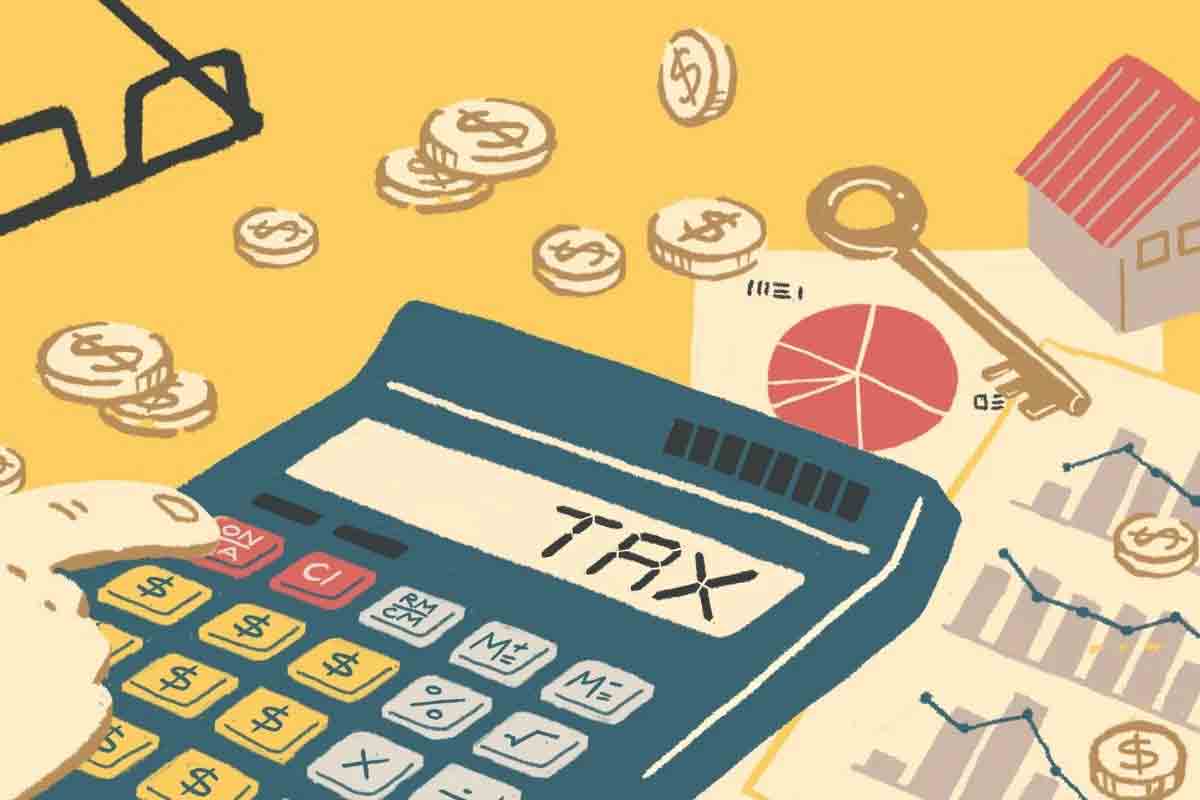The Low Incomes Tax Reform Group (LITRG) has moved to dispel concerns circulating online, assuring individuals engaged in the sale of goods and services online that there is no looming threat of a new “side hustle tax.”
Contrary to recent online information, the new rules taking effect from January 1, 2024, solely dictate that online platforms such as eBay, Vinted, Uber, and Deliveroo must collect and transmit information to HMRC. Importantly, these regulations do not introduce any fresh tax obligations for individuals. LITRG recommends those with apprehensions consult its detailed Q&A guidance to grasp the changes and their implications.
As of January 1, 2024, the updated regulations require UK-based online platforms to compile information about individuals earning through their platforms. From January 1, 2025, these platforms must transmit this information to both HMRC and the individuals themselves. It’s crucial to note, however, that these changes do not impose any new tax responsibilities on individuals, and existing rules regarding the declaration of platform income and the requirement for a self-assessment tax return remain unchanged.
Victoria Todd, Head of LITRG, reassured, “We understand there is a lot of worry among people who sell via online platforms about the changes, including for those who sell personal items they no longer want or to clear space in their home. However, we want to reassure sellers that there is no new ‘side hustle tax’ and no changes to the tax rules about what income needs to be declared to HMRC or when it needs to be declared.”
PEOPLE ALSO READ
What Types of Expenses Should You Make a Savings Plan For? (Without Selling Your Soul)
Todd emphasized that individuals selling unwanted personal items, like children’s old clothes or toys, are unlikely to be classified as ‘trading.’ Therefore, even if the earnings are substantial, they are generally not taxable.3 She clarified, “The new rules have caused a great deal of confusion, but they simply mean that HMRC is receiving more information from online platforms than they were before. If you are following existing rules and declaring your income as required, then you don’t need to worry or do anything differently.”
Come January 1, 2025, the data collected by platforms will be shared with both HMRC and the individuals themselves. While the changes enhance HMRC’s ability to identify unreported income from online platforms, there are legitimate reasons why some individuals may not need to report it.
Victoria Todd reiterated, “In our experience, there are lots of misconceptions about declaring income made from online platforms. People think because it is a side hustle (not their main income), or they are paid in cash, or they have been doing it for less than a year, then they don’t need to worry about telling HMRC – none of this is true.”
Broadly, HMRC stipulates that individuals must register and submit a tax return unless they have trading or miscellaneous income (before expenses) under £1,000 and the trading allowance applies, or they are selling personal items they no longer want.4 Todd urged those required to declare income but failing to do so to rectify their tax affairs promptly, emphasizing the potential penalties and interest charges for non-compliance.
“We are urging people to read our guidance where we explain the changes in more detail and what it means for people. People who sell via online platforms should check their position to make sure they have been doing everything correctly and take steps to rectify their position if they have not. Our guidance explains where people can get help.”
